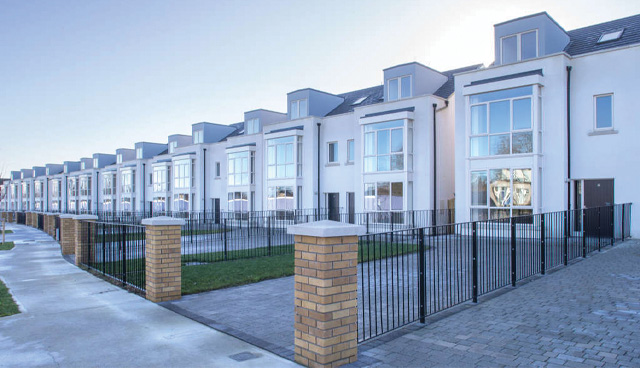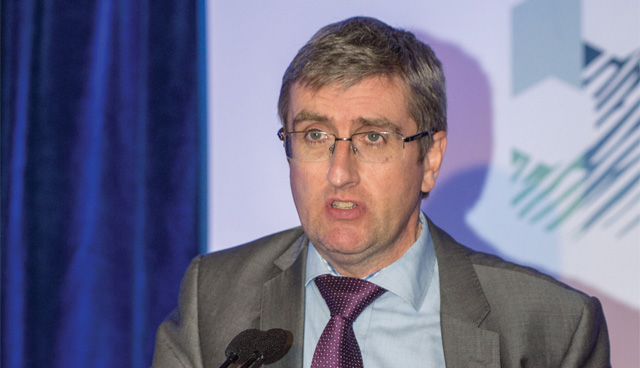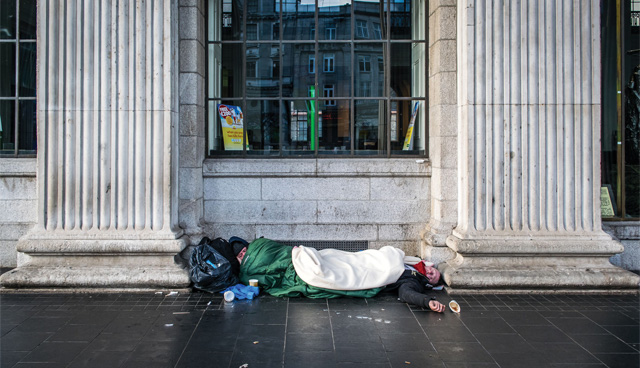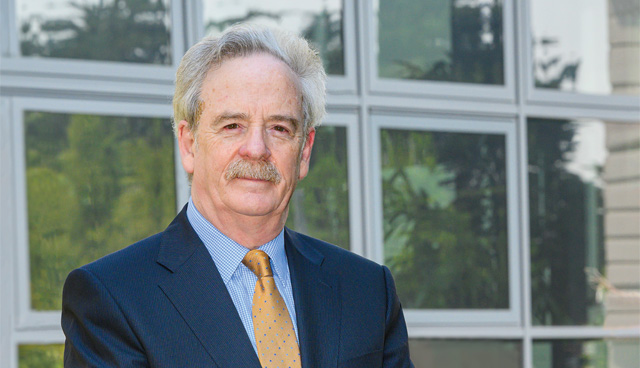
Housing as an economic stimulus
21st July 2020
Social housing: A socio-economic solution
21st July 2020Covid-19 and homelessness

The Covid-19 pandemic has posed unique threats and challenges to homeless services and people. Clusters have been reported among homeless communities and there have been warnings of a “wave of homelessness” when restrictions are lifted.
The warning concerning the approaching “wave of homelessness” came from Mike Allen, Director of Advocacy for Focus Ireland. Allen told RTÉ’s Morning Ireland that up to 100 families were entering homelessness per month in the Dublin area, but this had been reduced to 13 for April due to the Covid-19 restrictions barring evictions.
Emphasising that the homeless are “one of the most vulnerable groups during the Covid crisis”, Allen said it was an “incredible achievement” that to that point Focus Ireland had only encountered 20 cases of the virus among the homeless population, with no deaths. Stressing that it was due to cooperation between homelessness services, government, local authorities and health authorities, Allen said that the measures keeping people in homes would have to be extended. “If there isn’t a second wave of Covid, there could be a wave of homelessness because of job losses and reduced Covid payments,” he said.
Clusters of infection were detected amongst homeless people and ethnic communities in April, when testing conducted on 215 people in Dublin’s north inner city revealed that 19 per cent of those tested were positive. At the time, the Peter McVerry Trust revealed that nine of its clients had tested positive for the virus, with a further 51 more isolating as a precaution. The charity secured 110 hotel rooms in conjunction with the Dublin Region Homeless Executive in order to allow homeless people to carry out their two-week isolation period if required. In April, the Department of Housing announced that it had secured 560 beds in Dublin and regional cities to allow homeless people to isolate.
The HSE has also been issuing guidance for vulnerable groups throughout the crisis. In April, it was estimated that around 450 people who had previously shared rooms in multi-occupancy homeless services had been given their own rooms as part of the measures rolled out by the DRHE and the HSE. By then, 33 cases had been reported in services, with no deaths.
In shared-living settings, guidelines were developed that allowed vulnerable people to cocoon and anyone showing symptoms to isolate. Room shares in hostels, which had previously gone up to as much as eight people per room, were capped at a maximum of four per room. However, concerns have been raised about a lack of qualified homeless service workers across these new emergency locations as the capacity of the services has been stretched by the pandemic.
Difficulties still endure, with some sites not providing access to kitchens, leaving those who avail of them to rely on charities for food. The initial slow response from the Government has also been criticised, with one homeless man telling the Irish Times that “for 12 days we were exposed to the virus”.
The crisis and response to it has seen the total number of homeless in Ireland fall under 10,000 again, with 9,907 recorded in March and 9,375 in April. Homeless services have sounded cautious optimism for the continuation of these decreases, but have stressed that this can only be achieved with a continuous effort to house people in a manner similar to that necessitated by the Covid-19 pandemic.





